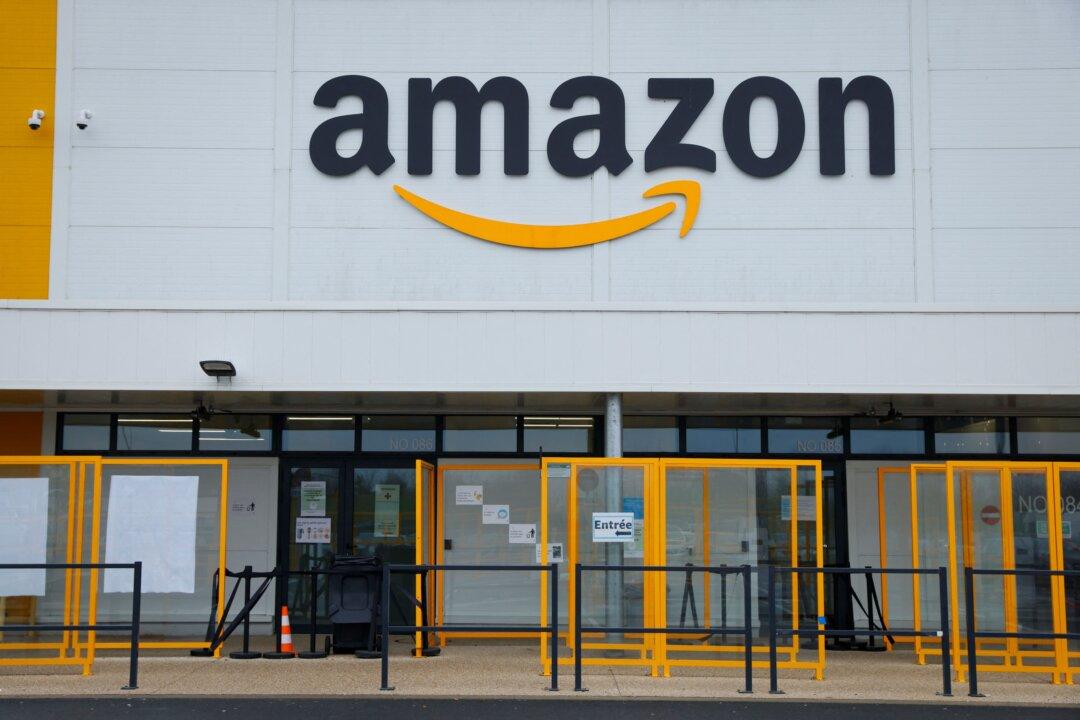At least five companies in tech giant Amazon’s supply chain are linked to forced labor in China, according to a new report by a corporate accountability watchdog.
Two other firms, GoerTek and Hefei BOE Optoelectronics, were supplied by factories implicated in the use of forced labor, the report said.
“If Amazon wants to retain the privilege of selling its proprietary goods to U.S. consumers, it has both a moral and legal obligation to deliver more than empty assurances that it’s operating a clean supply chain.”
An Acbel Polytech spokesperson said the company was audited in 2019 and 2021 through the Responsible Business Alliance’s Validated Assessment Program, and that neither review found violations of human rights.
“As a long-established corporation, Acbel are duty-bound to abide by international human rights norms and to respect and promote human rights and all our subsidiaries explicitly prohibit any violations of human rights, including forced labor, arbitrary detention, human trafficking, and child labor,” the person said.
“Acbel will continue to practice and protect the human rights of all our employees and is more than welcome to open for any public and official examination.”
The CfA report suggests that Amazon’s suppliers are involved in the same practice. Its supplier Luxshare Precision was one of the companies that were originally implicated in the complaint against Apple last year.
Yet, in June 2021, the company maintained all five companies listed in the report as suppliers, even as their connections to forced labor were made public, the report said.
The suppliers implicated in the forced labor are responsible for creating products for Amazon’s private brands such as Amazon Basics and Amazon Essentials.
“The Uyghur Forced Labor Prevention Act not only empowers but directs U.S. Customs officials to no longer operate under the presumption of innocence with companies importing goods tied to Xinjiang,” Kuppersmith said.
“Substantial evidence suggests Amazon has not done even the most basic due diligence. If Amazon continues to ignore this problem, customs officials have no choice but to intervene.”
Thus far, Amazon has rejected any assertion that it’s breaking any laws or using forced labor.
“Amazon complies with the laws and regulations in all jurisdictions in which it operates and expects suppliers to adhere to our Supply Chain Standards,” an Amazon spokesperson said.
“We take allegations of human rights abuses seriously, including those related to the use or export of forced labor. Whenever we find or receive proof of forced labor, we take action.”
The representative didn’t respond to a question about why Esquel Group remained on Amazon’s supply chain for more than a year after being subject to U.S. sanctions.
Luxshare and Lens Technology didn’t respond by press time to a request by The Epoch Times for comment.




